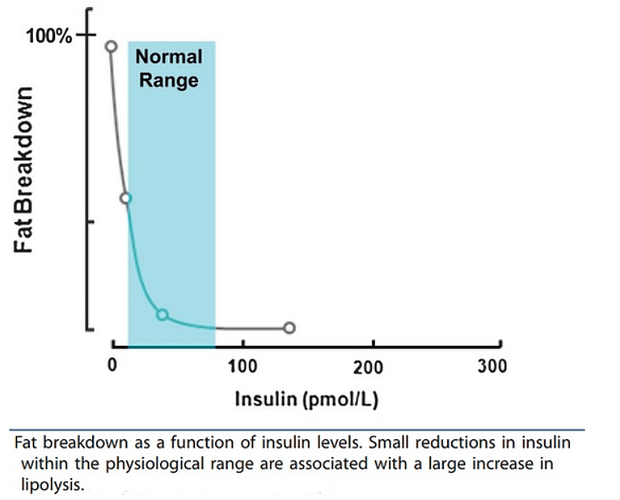I agree that we should call a spade a spade, and use the terms “ultra processed”, “processed”, and… “non-food items” even! Because at some point, this stuff is not food, it’s disease-producing filler that is thoroughly unsustainable.
In an industrial agriculture economy that destroys everything in its path - there are so many more facts and nuances than notions of clean/dirty. The root causes are constructed by a land-destroying, profits-motivated industrialism that is like a runaway train. I think we also need to be rigorous in acknowledging this culture’s sick disconnection from the living land and the laws of nature that have nourished traditional farmers, along with indigenous & aboriginal humanity for millions of years.
As you prob already know - industrial food production practices are enmeshed with other massive industries such as the world’s largest, the pharmaceuticals industry (which has profits that outpace oil, gas, and petrochemicals combined!). Livestock antibiotics used by the concentrated, inhumane dairy, chicken, and pig producers are the #1 use case for antibiotics sales, followed by human usage. Then there’s also biotech destroying heirloom seed stocks, positioning itself in a central role for farmers who become dependent on unsustainable practices (with high rates of farmer suicides in India), and dumping carcinogenic Roundup/glyphosate into the land. Monsanto GMO corn is heavily used for pig feed, along with other animal feed in the US, but outlawed in Mexico and the EU I believe.
These are some strange “new” vicious cycles and math influencers affecting global economics and public health since the 1950s, that’s for sure.
Dr. Robert Lustig calls metabolic derangement ‘processed foods disease’ - and I think that, at some point, unnaturally raised livestock and animal products are part of the disease-making due to their own hormonal disease (besides the animals’ devastating depression and distress/madness in concentrated conditions). Though one can go far on just eating fastfood burgers w/o the bun, the fatty acids composition and the slaughtering practices that make for high-adrenaline meat do matter on a grand scale of hormonal health and ancestral traditions. The excess fat in the marbled meat of grain-fed/feedlot animals is extremely high in Omega 6 rather than the Omega 3s of pastured animals, and has created a strange “new” problem. Another quote from Dr. Lustig’s recent book, where he synthesizes his data-driven analyses with connected thinking and just serves up a lot of great elder wisdom:
“Next time you’re at the butcher, have them show you strip steak from grassfed cow and from a corn-fed cow. The grassfed steak is pink, and pretty homogenous throughout. It’s delicious, but when you grill it up it’s a little tough. Now look at the corn-fed steak, see all that marbling? We love it because that’s where the flavor is. And after grilling, it practically cuts with a butter knife. That marbling is fat in the muscle. That’s muscle insulin resistance. That cow had metabolic syndrome; we just happened to slaughter it before it got sick, and now we’re consuming the aftereffects in each and every Big Mac.”
The Hacking Of The American Mind: The Science Behind The Corporate Takeover Of Our Bodies And Brains , pp. 126-127
There’s also the greedy practice of supplementing cow feed with cheap protein pellets which contain… other animal flesh (such as sheep and other cows - and not only that, diseased ones!), forcing an unprecedented-on-the-planet carnivorism upon grass-eating ruminants, and likely the cause of Mad Cow disease/BSE. We’re beyond merely dirty - it’s dystopic and predatory on many levels.
Urban food ghettos where the poorest and most marginalized people live are increasingly the norm, where the only “food” for sale nearby is ultra-processed industrial food at gas stations and fastfood places. Fortunately with LCHF/keto, even marginalized people eating low quality industrial animal products and dangerous processed fats can become able to discover more satiety, nutrient density ( via bunless/potato-free/rice-free/noodle-free/sugar-free fastfood fare) and even spontaneous short fasting. There is serious economic disparity though - which is a huge barrier. In the US, close to 50% of the population lives at or below the poverty line - and those who receive paltry scraps of gov food benefits (food stamps/EBT) can now purchase food from farmer’s markets through innovative access programs, HOWEVER that food is not at any special subsidized price for the farmers or for the shoppers - it’s 3x, 4x more expensive than the big corporations’ foods. Food injustice is real 





